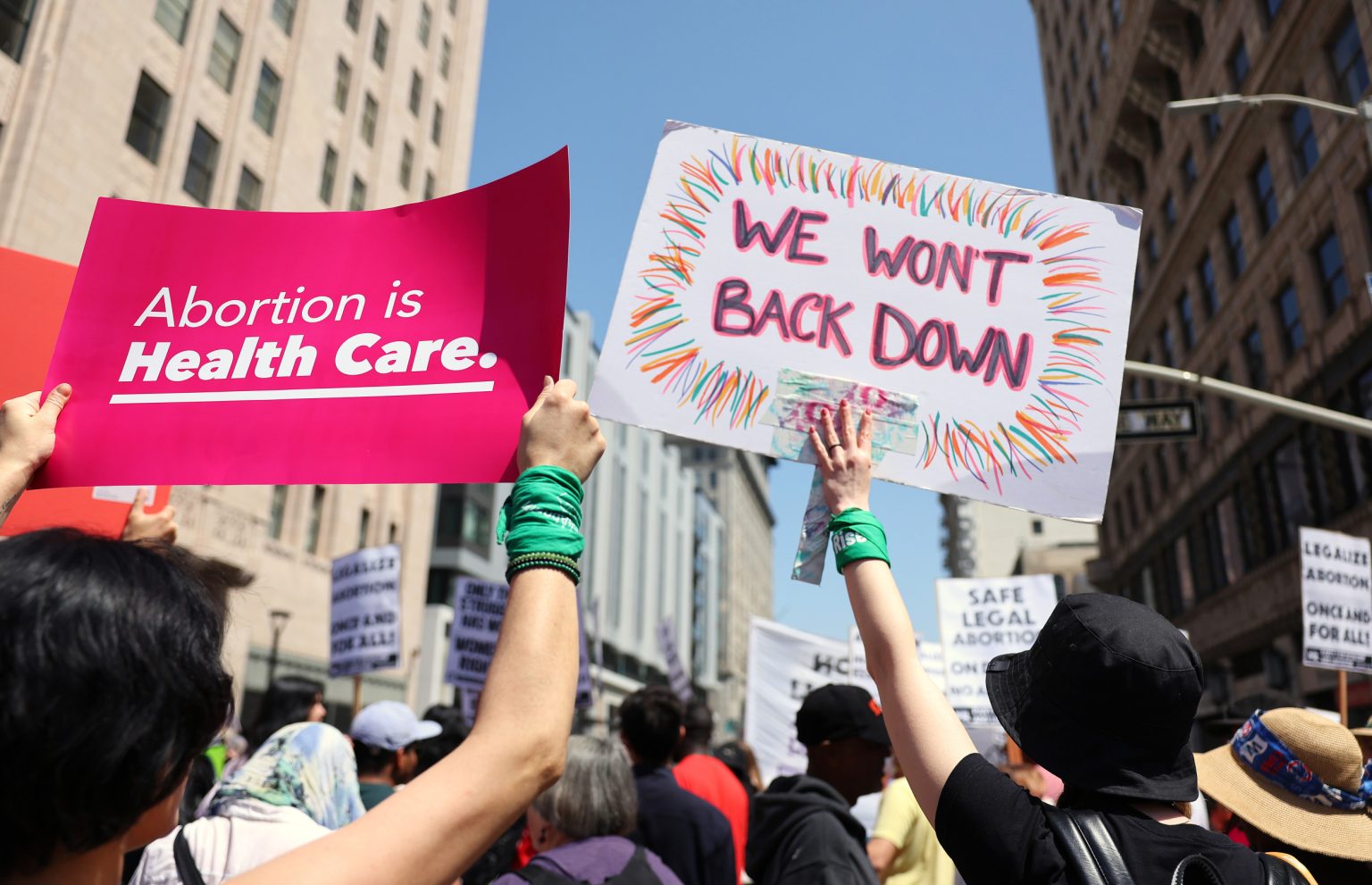The town of Clarendon in Texas voted unanimously against a proposed ordinance to declare itself a Sanctuary City for the Unborn following the Supreme Court’s decision to overturn Roe v. Wade in 2022, allowing individual states to set their own abortion laws. Texas passed one of the strictest abortion bans in the United States, with no exceptions for rape, incest, or medical needs, which goes into effect as early as six weeks into a pregnancy. Cities across Texas have considered and passed ordinances declaring themselves Sanctuary Cities for the Unborn, further restricting access to abortion.
The proposed ordinance in Clarendon would have prohibited abortion within the city limits and extended the ban to residents of Clarendon regardless of where the procedure is performed. It also would have restricted the sale and possession of what the ordinance termed “abortion-inducing drugs” within the city. Additionally, the ordinance aimed to deter individuals from traveling through Clarendon to access abortion services, especially since nearby Amarillo is a major hub with highways connecting Texas to New Mexico, where abortion is legal. The decision by the City Council came as members believed the issue was already covered by state law.
The American Civil Liberties Union of Texas celebrated the vote in Clarendon, calling it a win for reproductive rights and emphasizing that Texans do not want the government to control their bodies. The ACLU also warned of the dangers of government interference in personal medical decisions. Across the U.S., 69 cities have declared themselves Sanctuary Cities for the Unborn, with 52 of them located in Texas. The movement to establish these sanctuary cities was initiated by Texas pastor Mark Lee Dickson in 2019, with the aim of outlawing abortion at the local level.
In response to similar ordinances passed in other cities, Planned Parenthood of Greater Texas cautioned that such measures add further complexity to an already challenging landscape for individuals seeking essential healthcare services. They highlighted the restrictive and dangerous nature of abortion bans in Texas and condemned the additional barriers that anti-abortion extremists continue to push for. Despite the pushback from organizations like Planned Parenthood, the movement to establish Sanctuary Cities for the Unborn continues to gain traction in Texas and other states, demonstrating a broader ideological divide around the issue of reproductive rights and abortion access.
Overall, the rejection of the Sanctuary City for the Unborn ordinance in Clarendon reflects the ongoing debate over reproductive rights and abortion access in Texas and the wider United States. As states navigate the post-Roe v. Wade legal landscape, cities and local governments are grappling with decisions that have significant implications for residents’ access to essential healthcare services. The clash between conservative activists pushing for stricter abortion laws and organizations advocating for reproductive rights underscores the complexity and polarization of the issue, highlighting the challenges faced by individuals seeking abortion care in an increasingly hostile environment.


